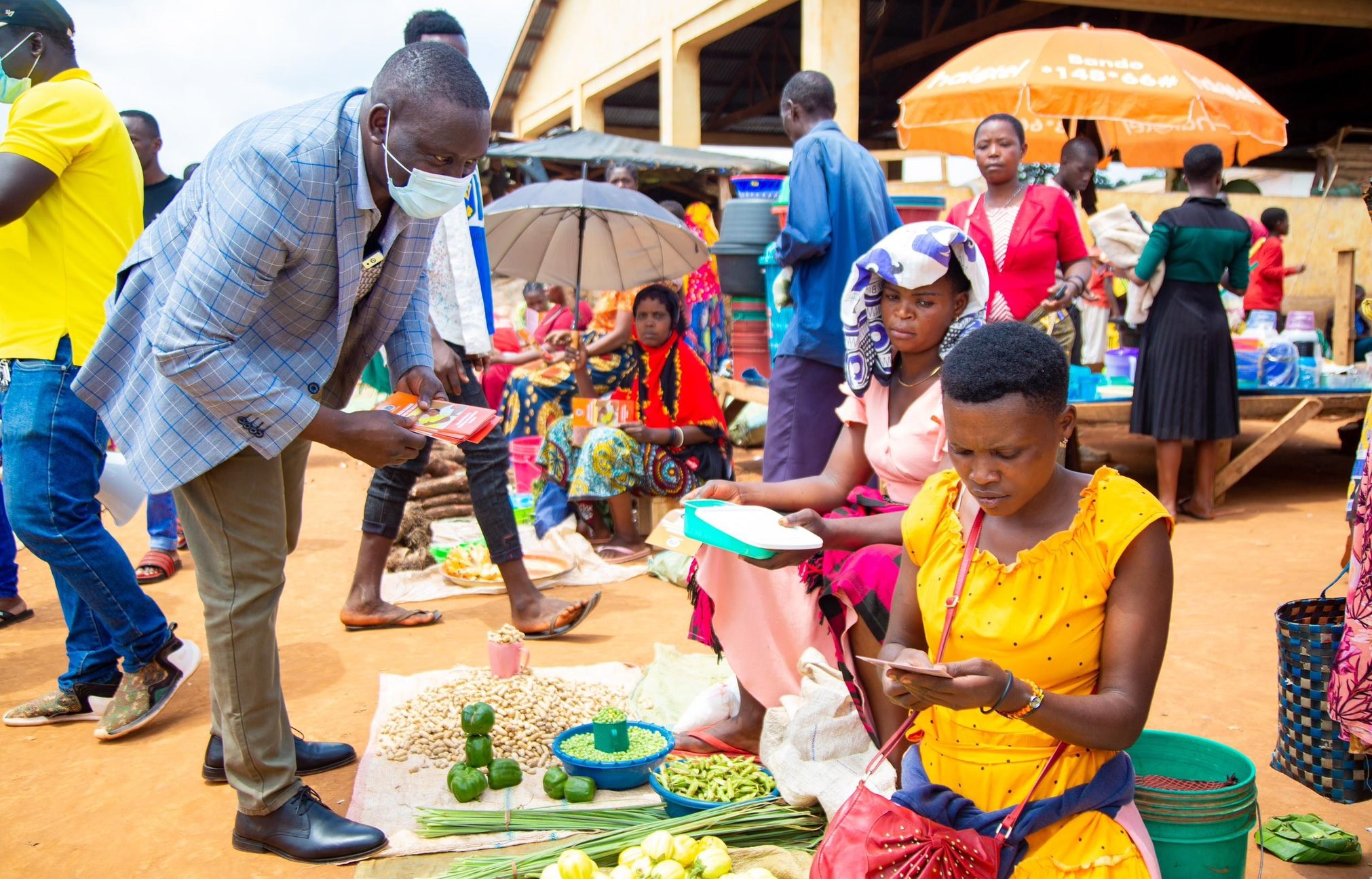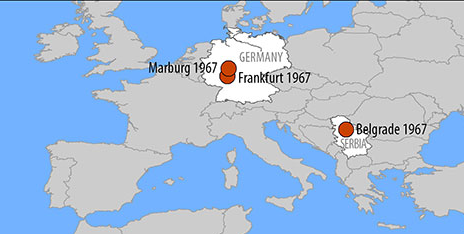
A team of experts, led by Dr. Ntuli Kapologwe, Director of Preventive Services in Tanzania's Ministry of Health, along with Biharamulo District Commissioner Hon. Advera John Bulimba, health professionals from Kagera Region, and other health sector stakeholders, is conducting awareness campaigns to educate the public about Marburg Virus Disease (MVD).
Following the declaration of an MVD outbreak in Tanzania, with one confirmed case and 25 suspected cases reported in Biharamulo, Kagera Region, the team has actively engaged the community. As part of the campaign, they held a meeting with traders at Biharamulo Market to discuss effective measures for preventing Marburg virus infections.
According to Dr. Kapologwe, the Ministry of Health, in collaboration with health sector stakeholders, is intensifying efforts to educate and mobilize communities on preventing the dangerous disease. The efforts include the distribution of awareness leaflets and posters with precautionary messages.
Dr. Kapologwe highlighted that the campaign aligns with the directives of Tanzania’s President Dr. Samia Suluhu Hassan, who has stressed the importance of taking all necessary precautions to safeguard public health.
During the campaign, Dr. Kapologwe explained that the Marburg virus spreads rapidly through body fluids of infected individuals, such as blood, vomit, saliva, urine, faeces, or sweat. Other sources of transmission include touching items used by Marburg patients or consuming carcasses of infected animals such as bats, monkeys, and apes.
"The key symptoms of Marburg include high fever, severe headaches, vomiting (sometimes with blood), diarrhea (sometimes with blood), and bleeding from various parts of the body," he said.
Dr. Kapologwe urged citizens to protect themselves by adhering to health guidelines, including:
1. Washing hands regularly with running water and soap.
2. Avoiding contact with body fluids of individuals showing symptoms of Marburg.
3. Refraining from handshakes, hugs, or kisses.
4. Avoiding contact with or consumption of carcasses of animals like bats, monkeys, and apes.
5. Not touching or washing the bodies of deceased persons who exhibited Marburg symptoms and ensuring proper health-compliant burial practices.
He also encouraged the public to report any suspected cases to health authorities by calling the toll-free number 199.
Hon. Bulimba commended the swift actions taken by the government and stakeholders in providing treatment, preventive services, and health education in Biharamulo. She urged residents to adhere to health regulations to prevent the spread of diseases.
These measures aim to ensure the safety of Tanzanians and prevent further transmission of the deadly Marburg virus. See photos here and here .





